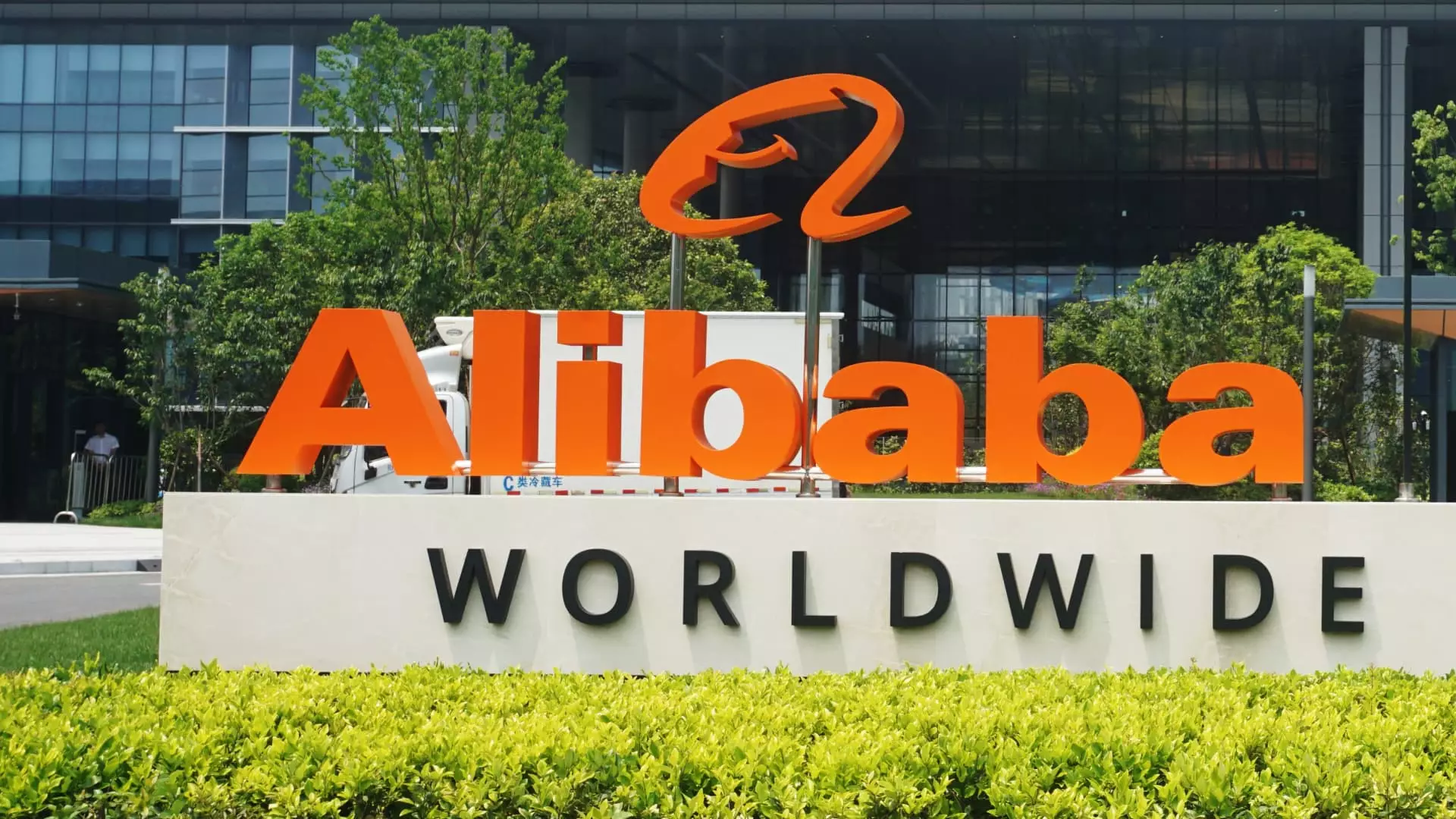In a strategic move to solidify its foothold in the global e-commerce landscape, Alibaba, a titan in Chinese online retail, has unveiled an upgraded version of its artificial intelligence (AI)-based translation tool, Marco MT. This tool is claimed to outperform offerings from established competitors such as Google, DeepL, and OpenAI’s ChatGPT, as determined by assessments through the Flores translation benchmark framework. This launch represents not merely an enhancement of an existing product but underscores Alibaba’s commitment to leveraging advanced technology to assist its extensive user base of over 500,000 merchants.
As e-commerce continues to transcend borders, the necessity for effective communication tools becomes paramount. Alibaba’s Marco MT allows sellers from various countries to craft product pages tailored to the language and cultural nuances of their target demographics. Such optimizations in language can significantly influence consumer behavior, emphasizing the importance of context-aware translations that go beyond mere word-for-word accuracy.
Technology Behind the Tool
The backbone of Alibaba’s translation strength lies in its adoption of large language models (LLMs), which are at the core of many modern AI applications. According to Kaifu Zhang, vice president of Alibaba International Digital Commerce Group, these LLMs facilitate a more nuanced understanding of language by incorporating elements such as cultural context and industry-specific terminology. This approach is intended to not only enhance the accuracy of translations but also to drive better sales performance for merchants using the platform.
Such technology draws parallels to the systems powering other translation AIs like ChatGPT, which utilizes extensive datasets to offer human-like responses. However, Alibaba’s innovation is distinct as it is built on its proprietary model, Qwen, aiming to hone in on the unique linguistic needs of diverse markets. Supporting an impressive 15 languages—ranging from Arabic to Ukrainian—Marco MT is designed to bridge communication gaps between sellers and consumers from various corners of the globe.
Zhang optimistically envisions significant demand for this tool, particularly from regions in Europe and the Americas, which are witnessing a surge in digital retail activities. Moreover, he highlights the rising importance of developing countries in Alibaba’s international business strategy, pointing out that roughly half of the top 20 active users of AI tools on Alibaba.com come from such nations. This insight speaks to Alibaba’s broader ambition of tapping into burgeoning markets as traditional avenues for growth in China become increasingly competitive and saturated.
With a rise in Chinese merchants exploring overseas markets—illustrated by the successes of companies like PDD Holdings’ Temu and fast-fashion brand Shein—there’s a pressing need for tools that can facilitate exports effectively. The international segment of Alibaba has also seen notable growth, as evidenced by the reported 32% year-on-year increase in international sales during the most recent quarter. This stands in stark contrast to the 1% decline observed in Alibaba’s primary domestic platforms, Taobao and Tmall.
As the launch of the updated translation tool coincides with significant shopping events like Alibaba’s Double 11, Zhang expresses confidence that improved contextual translations will enhance customer experiences. These innovations address past challenges where literal translations led to misunderstandings; for instance, certain colloquial terms in Chinese could confuse English-speaking buyers. Aiming for more genuine expressiveness in product listings is crucial in influencing purchasing decisions within global markets.
The tool’s pricing remains undisclosed, but indications suggest that it will fit within existing service packages aimed at promoting international seller exposure. By fostering a symbiotic relationship between merchant success and platform profitability, Alibaba’s strategic vision reflects a sophisticated understanding of the global retail ecosystem.
With Alibaba’s continued advancement into international markets through enhanced technological offerings like the Marco MT translation tool, the company is better equipped to meet the demands of an increasingly competitive global market. As the e-commerce landscape evolves, fostering effective communication between diverse consumer bases has become essential for driving sales and enhancing user experiences. While Alibaba faces stiff competition from established players in the industry, its latest innovations suggest a proactive approach towards leveraging AI and machine learning to further its global ambitions. The future looks promising for Alibaba, provided it can maintain and build upon its early successes in the multilateral e-commerce arena.

